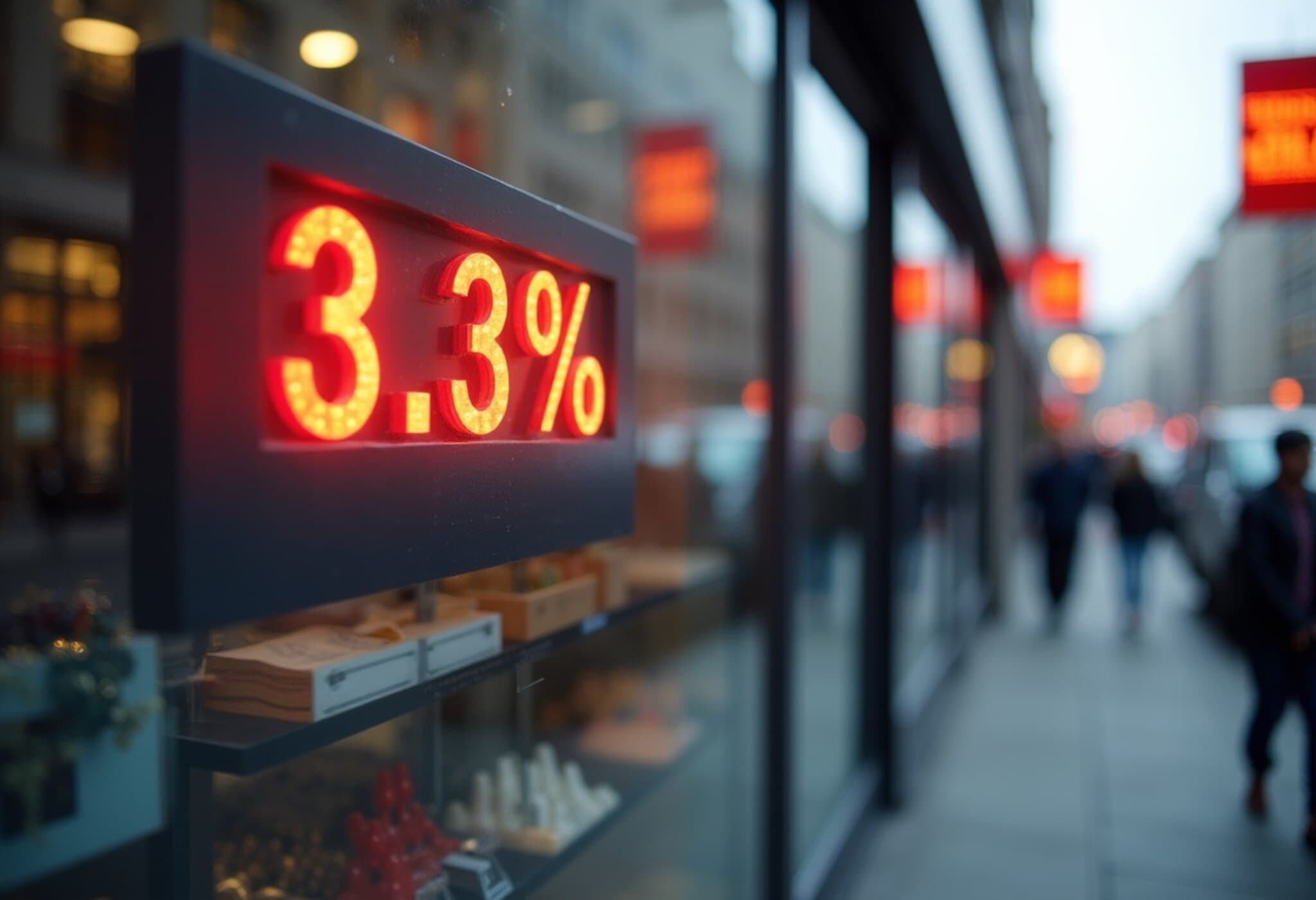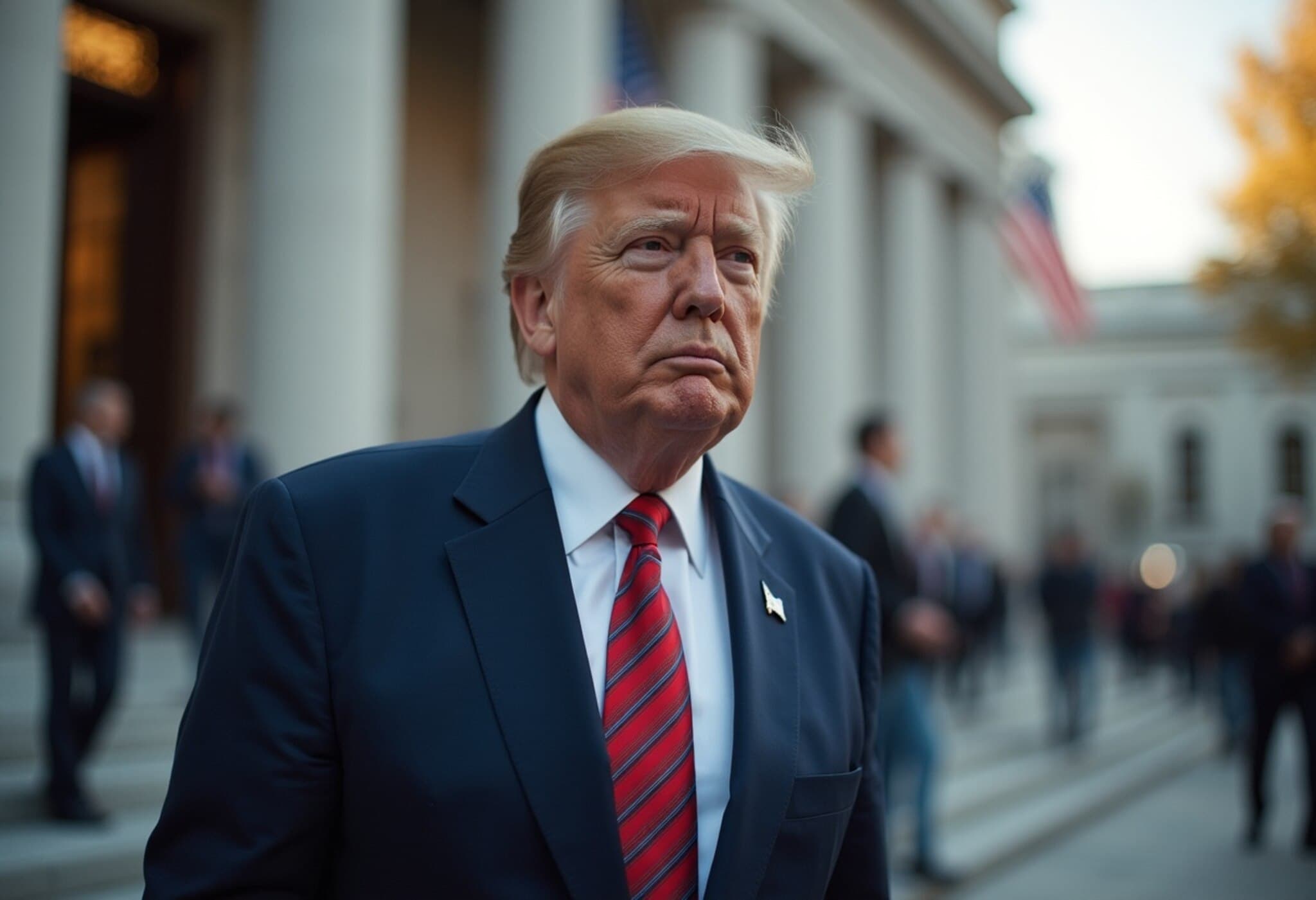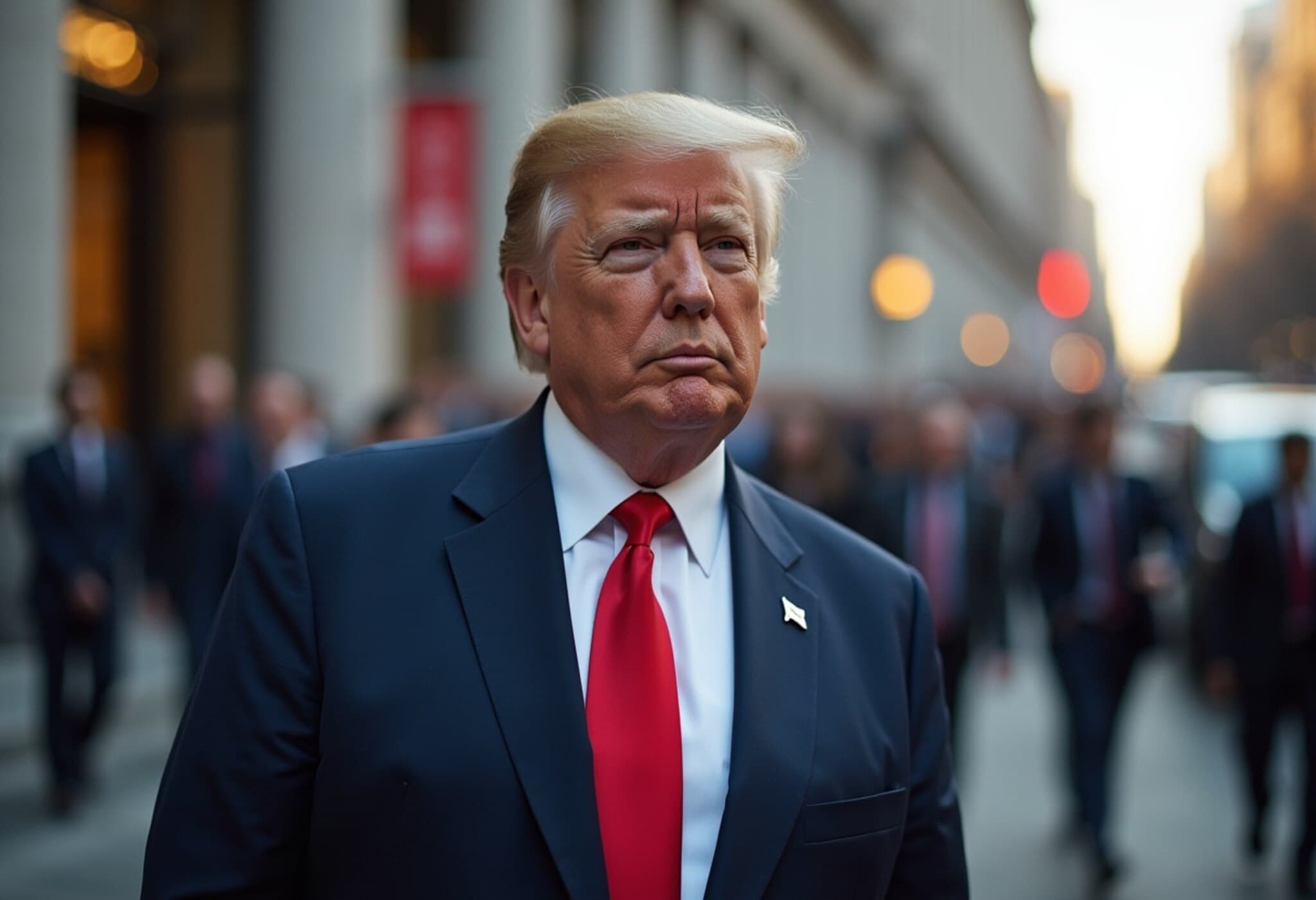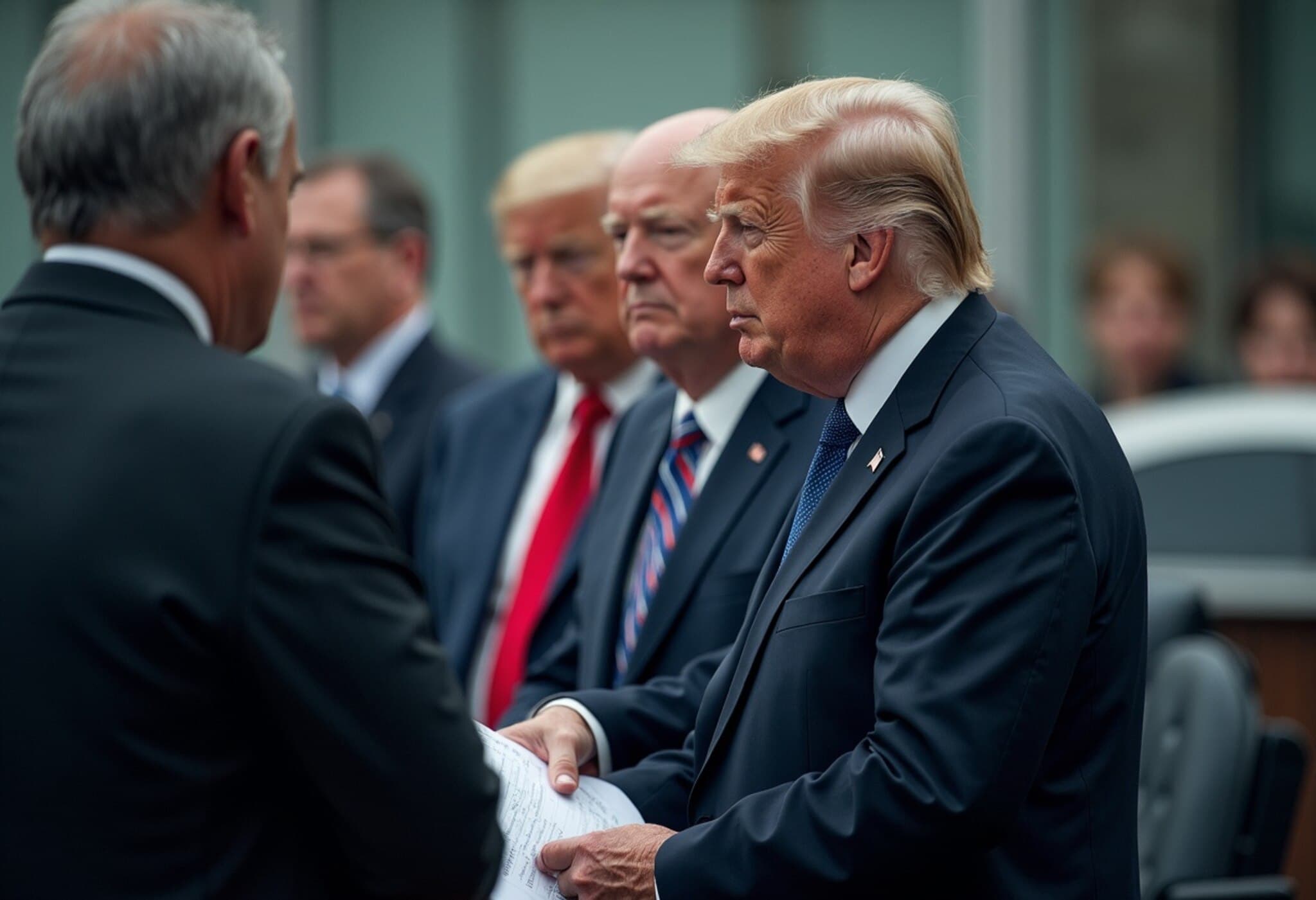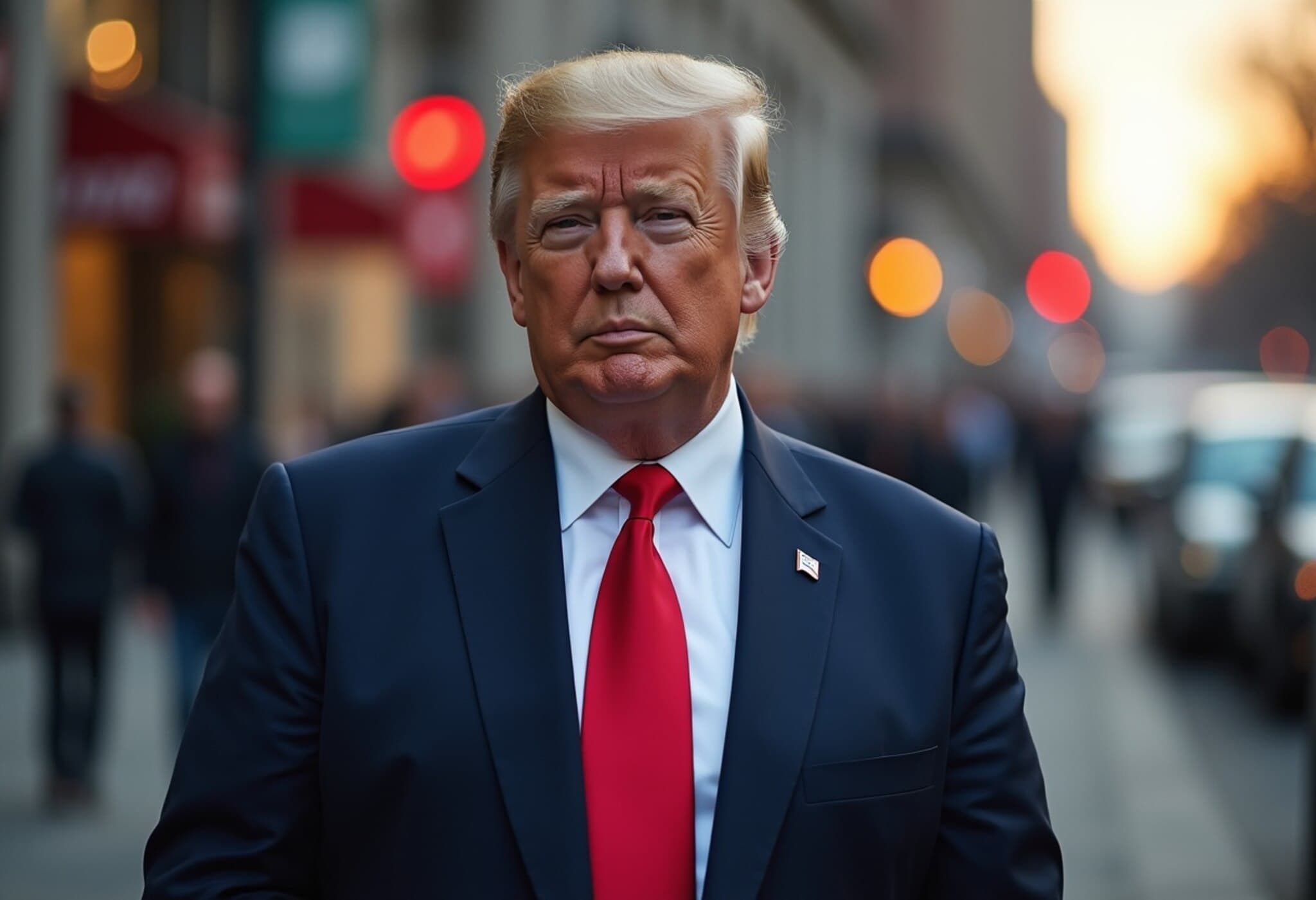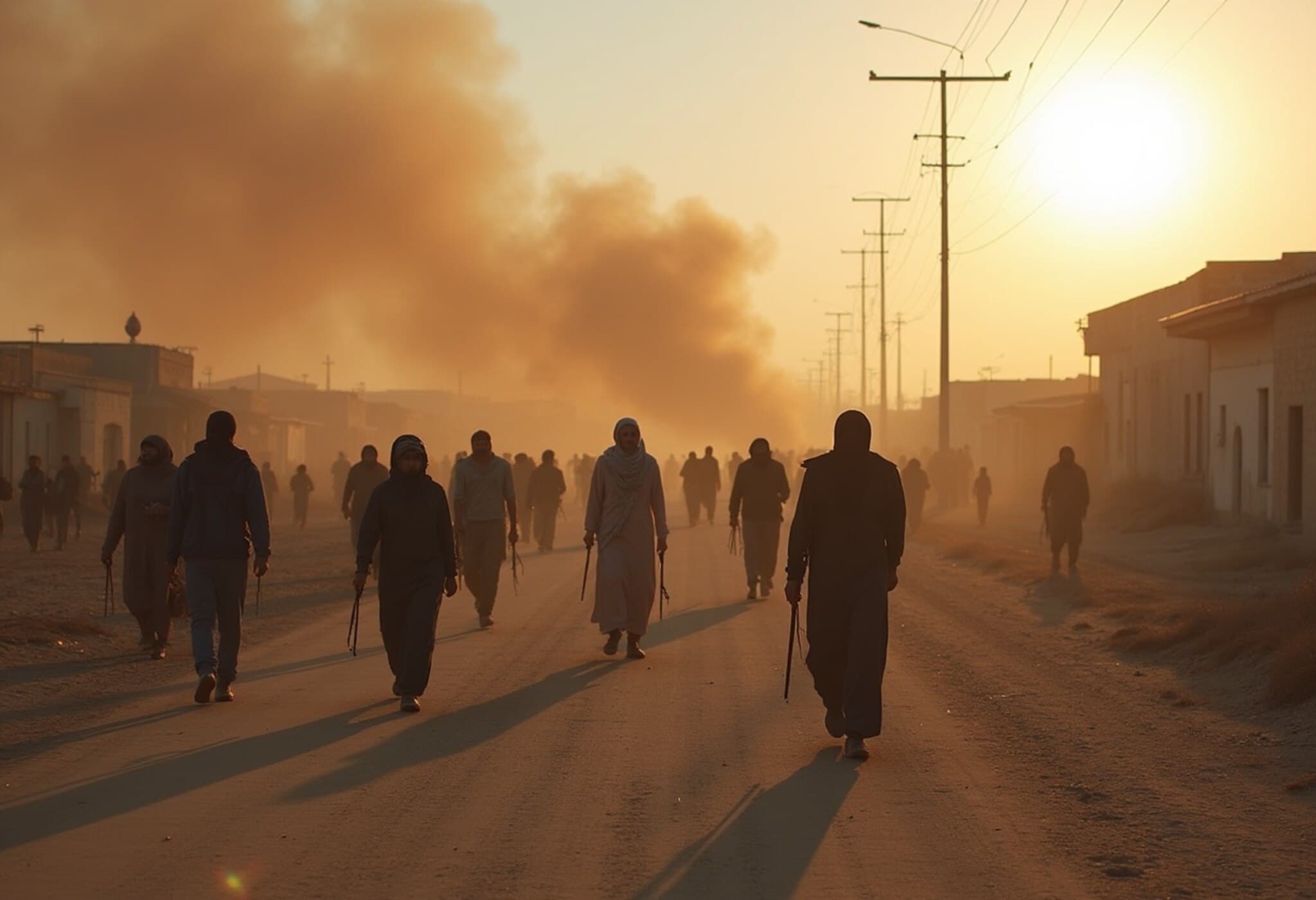Israel’s Stock Market Defies Conflict, Surges to Regional Leadership
Despite facing complex multi-front wars since October 2023, Israel’s stock market has emerged as the top-performing equity index in the Middle East, boasting remarkable gains even amid profound geopolitical and domestic challenges. This financial resilience provides a compelling case study of an economy that thrives under pressure, propelled by robust foreign investment and groundbreaking technological innovation.
Economic Recovery Amidst Warfare and Political Unrest
In the aftermath of the deadly Hamas attack on October 7, 2023, which triggered an immediate state of war, Israel’s economy initially took a steep hit. The Tel Aviv Stock Exchange (TASE) plummeted by nearly 23% within the month. However, through a combination of strategic government intervention, steady foreign capital inflows, and an agile private sector, the market rebounded swiftly, surpassing pre-conflict levels by early 2024. As of July 17, 2025, the TASE has soared over 200% from its low point in late 2023.
This resilience is underscored by Israel’s ability to sustain a near-constant military mobilization of hundreds of thousands of soldiers without collapsing its economic base—a remarkable feat that highlights a deeply interwoven social and economic fabric.
Key Drivers Behind Israel’s Economic Vibrancy
- Technology as a Pillar: Israel’s high-tech sector accounts for approximately 20% of its GDP and over 56% of its international exports. Heavy government investment in research and development continues to fuel innovation, creating a startup ecosystem that investors around the world actively seek.
- Foreign Investment Influx: Foreign investors purchased around $743 million in Israeli shares in May 2025 alone, with total acquisitions in 2025 surpassing $2.7 billion. This influx has driven significant liquidity and market confidence, despite ongoing security concerns.
- Defense Sector Momentum: The prolonged conflict has elevated Israel’s defense industry on the international stage, including among some Arab nations, broadening potential markets and partnerships.
- Monetary Stability: The Israeli shekel has strengthened nearly 7% against the U.S. dollar following conflicts with Iran, alongside stable inflation expectations that may enable future monetary easing.
Investor Behavior Reflects Growing Confidence
New data from the Tel Aviv Stock Exchange reveals that in 2024 alone, over 161,000 new trading accounts were opened, representing a threefold increase compared to the previous year. The first half of 2025 witnessed an additional 87,000 accounts opened — signaling a democratization of market participation and renewed public trust.
Hadar Romano, head of data at TASE, emphasized that the reversals in public sentiment arise from recognizing deeply discounted market valuations alongside fundamental economic strengths. “Investors are capitalizing on opportunities,” Romano noted, “even amid continued regional uncertainty.”
Expert Perspective: Navigating Risk and Opportunity in the Middle East
Avi Hasson, CEO of Startup Nation Central, provides critical insight into the paradox facing Israeli markets: “The risks tied to Israel’s security challenges appear to be recalibrating downward in the eyes of global investors, particularly given the country’s decisive military actions against Hezbollah and Iran-backed forces this past year.”
He highlights that investors are shifting their focus from short-term volatility to Israel’s rapidly evolving economic fundamentals, emphasizing a burgeoning “baby boom,” entrepreneurial vigor, and the dynamic tech landscape. This optimism paints a nuanced picture of a Middle East where Israel stands poised for long-term growth, rather than persistent stagnation.
Broader Implications for Regional Stability and Investment
Israel’s experience serves as a bellwether for how economies in conflict zones might leverage innovation and foreign partnerships to offset the negative impacts of geopolitical instability. Furthermore, it pushes policymakers to consider how economic imperatives might influence future diplomatic and security strategies.
However, the juxtaposition remains stark: while markets thrive, Israel concurrently faces allegations of war crimes, intense political protests, and ongoing military engagements. How the country balances these tensions will be critical to sustaining its economic momentum.
Editor’s Note
Israel’s remarkable stock market performance amid prolonged conflict invites us to reconsider common assumptions about war and economic decline. It challenges investors and policymakers alike to account for the complex interplay between security, innovation, and global capital flows. Yet, amid this financial optimism, pressing questions remain about the social and humanitarian costs that underlie such growth. As the regional landscape continues to evolve, so too will the delicate balance between resilience and risk—both on Israel’s trading floors and beyond.




